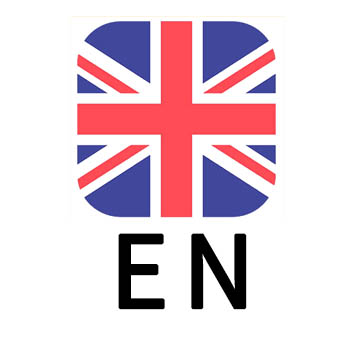
Creating a Structure that Harnesses Brilliant Talent
Hello, I am Ichiki of Sync Logistics.
In this issue, I would like to talk about how to work with brilliant, standout talent.
■Creating a structure that allows everyone to work with enthusiasm and vigor
Our company was established in June 2013 with just me and a part-time employee, in one room in a multi-tenant building. As the business has grown and the number of employees has been slowly increasing by one or two, we’ve had people of different ages, genders, and nationalities join us.
It’s really hard to bring together employees with varying temperaments and personalities as we continue to actively support (invest in) them so that more of them can demonstrate their own capabilities. Currently, we have 50 diverse employees – some are very competitive, some value teamwork, some like to steadily work alone, and some emphasize approaches and processes.
This year, we continue to support employees in demonstrating their capabilities as the most important part of the company’s growth.
Verbalizing roles necessary for the growth of the company and the business. Supporting employees in developing their capabilities by helping them define their roles and achieving them. Giving feedback in the form of evaluations and meetings based on their results. Patience is needed in creating processes such as these, but changes have gradually emerged within the company.
Employees make great strides when they know what they need to do, and what is expected of them is made clear. When employees who do not know how to study nor improve themselves have made a habit out of learning, they grow rapidly. It took more than a year for me to feel the changes, but I think that smaller companies are precisely the ones that can truly feel the effects of creating such a structure.
However, we’ve also had a few who have resigned because the clearer the roles and required skills are, it becomes obvious who can or cannot fulfill their responsibilities. It’s sad to see those who have supported the company’s growth leave, but there are 3.8 million companies in Japan, and an employee has only one life to live. I believe all workers are self-aware, and everyone is free to find a place where they can maximize their talents and skills which will bring them great fulfillment.
As a business owner and manager, I will continue to be discerning during hiring, and provide a training system that takes an employee’s career and vision into account.
■How should a company deal with talent who do not fit the mold?
As these initiatives progressed, there were instances when we hit a wall. There were employees who had a one-size-fits-all mentality, and there were those who could not get used to company rules. Employees whose skills and abilities were lopsided could not be assessed.
For example, let’s say there’s an employee with very strong communication skills.
They’re friendly, can quickly build relationships with customers and clients, has a rich vocabulary and can communicate in various ways depending on the amount of knowledge or empathy the person they are communicating with possesses. However, they aren’t good at administrative tasks such as making reports which disrupts the work environment. They know the contributions they’re making to customers and to the company, and has a very good track record.
How would you harness this person’s capabilities?
■Create a scheme that harnesses brilliant talent
In our company, we are proactively harnessing the skills of such talent by contracting them through outsourcing.
Even though they are not regular employees, placing brilliant talent in solely results-oriented positions and them working with enthusiasm and vigor is beneficial to the industry, the company, and the individuals themselves, which I think also boosts value in society as a whole. Often, even the sharpest people lack some abilities, or excel in a work approach that is easily criticized in Japan’s general employment system.
When I am creating a new business model, sometimes I’m in front of my computer the whole day and night. The reason is it’s more efficient for me to acquire knowledge in a new field and produce and create at the same time. I also know from experience that during such times, I enjoy working more than anything else, which is more likely to lead to good work and services.
I hope there would be more of this kind of freelancing work style in our industry where even if they are not the company president, people are evaluated based solely on results and not on how long they work.
Another typical example of brilliant talent is a salesperson who manages to find out the needs and wins the trust of customers through playful banter, and ultimately gets a big contract.
While banter may seem like idle talk, I feel this is how large contracts are won and how initiatives that are highly uncertain progress. Dealing with everyone uniformly as regular employees works well when the market is steadily growing, like Japan in the 1960s. However, in a situation where the overall market has not been expanding significantly, or in developing a global business, I think that the key is not to exclude people who stand out, but to ask how they can be harnessed instead.
Please let me know your thoughts and suggestions.
Thank you for your time.






